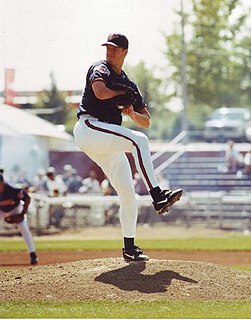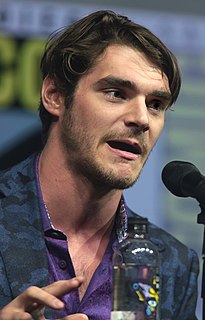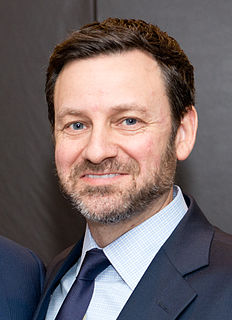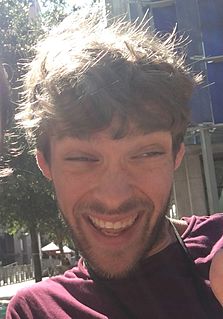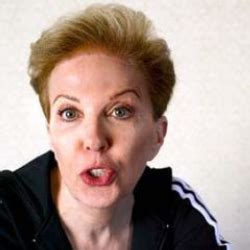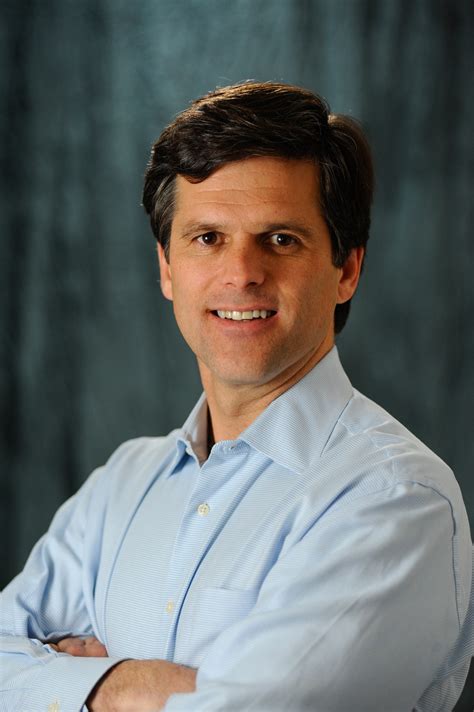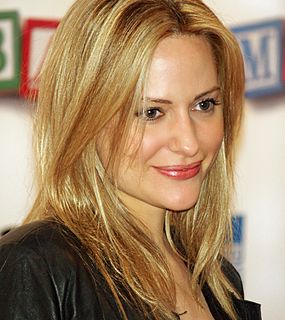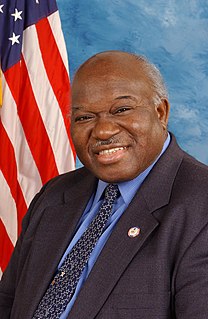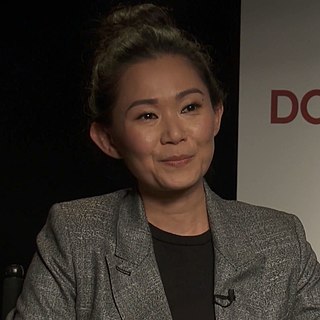A Quote by Stella Young
Yooralla, like most disability service organisations, is full of good people who are passionate about the rights of people with disabilities.
Quote Topics
Related Quotes
There are millions of people out there ignoring disabilities and accomplishing incredible feats. I learned you can learn to do things differently, but do them just as well. I've learned that it's not the disability that defines you, it's how you deal with the challenges the disability presents you with. And I've learned that we have an obligation to the abilities we DO have, not the disability.
As much as I've been blessed to do, this is for me when I want to do what I really want to do as far as helping people. Obviously helping people with disabilities, I want - my desire is to in my lifetime be a very integral part of getting this country and the world completely accessible to everyone with any disability. There should be nowhere that we can't go, and there should be nothing that we can't do. Considering that we have the disability, whichever one it might be, we will be so on point with being able to do that we need little to no assistance.
When I met my first savant in 1962, I was impressed by the abilities in these youngsters who had severe disabilities. They appeared to me to be islands of genius in the sea of disability. So I've maintained that word picture since that time, of these islands of genius that are so striking and so jarring when you see them, especially in people who have severe disability.
We can't have close to 90 percent of those prenatally diagnosed with an intellectual disability being aborted; 90 percent not going to school; more than 90 percent reporting discrimination in the healthcare system; and 90 percent unemployed, and tell ourselves that we're doing a good job. The obstacles to leading a full life for the vast majority of people with intellectual disabilities are far beyond what they should be, and far beyond what we should tolerate. So yeah, I want change.

